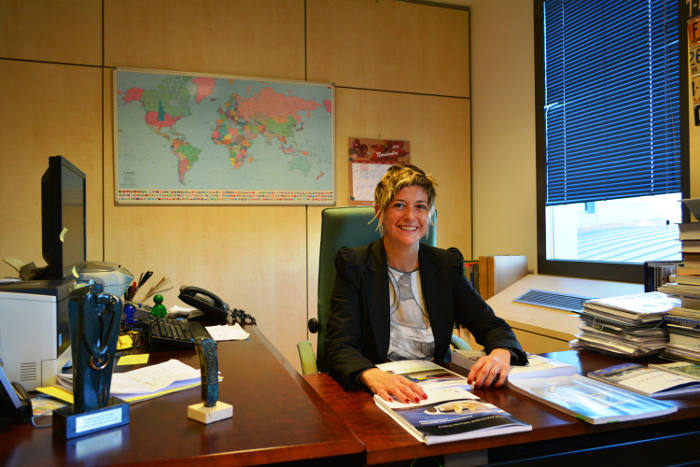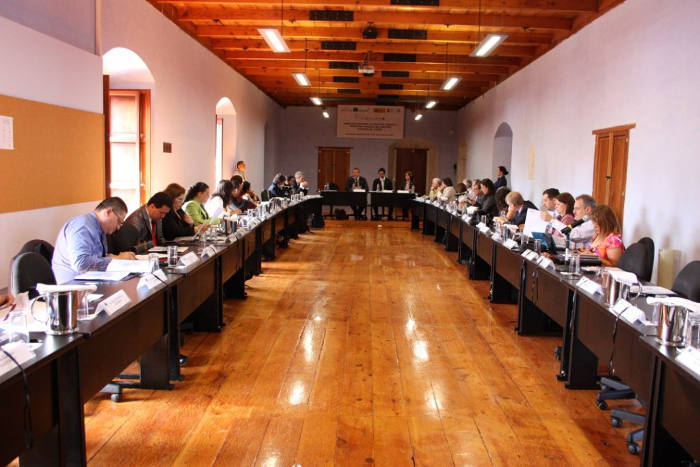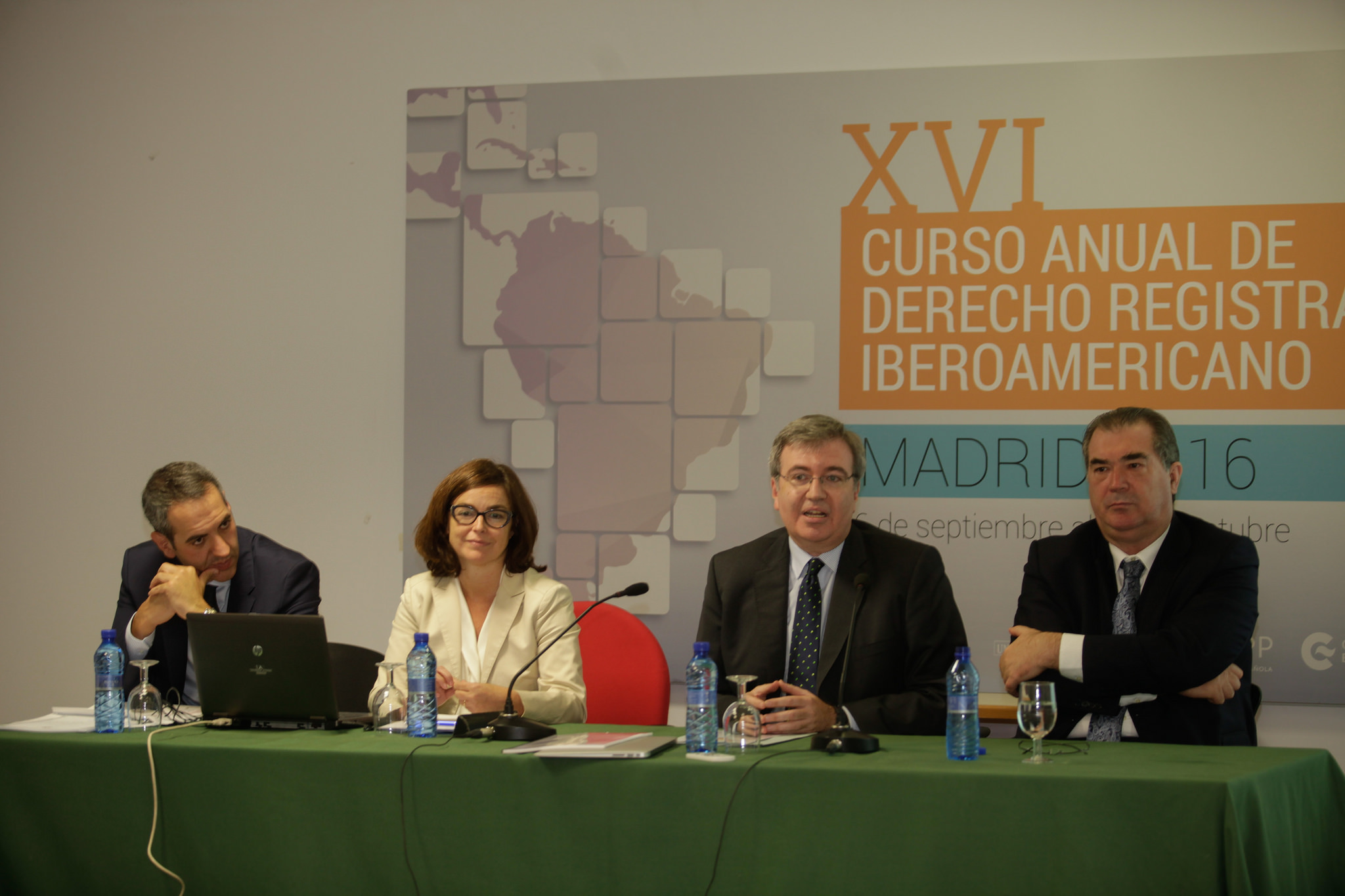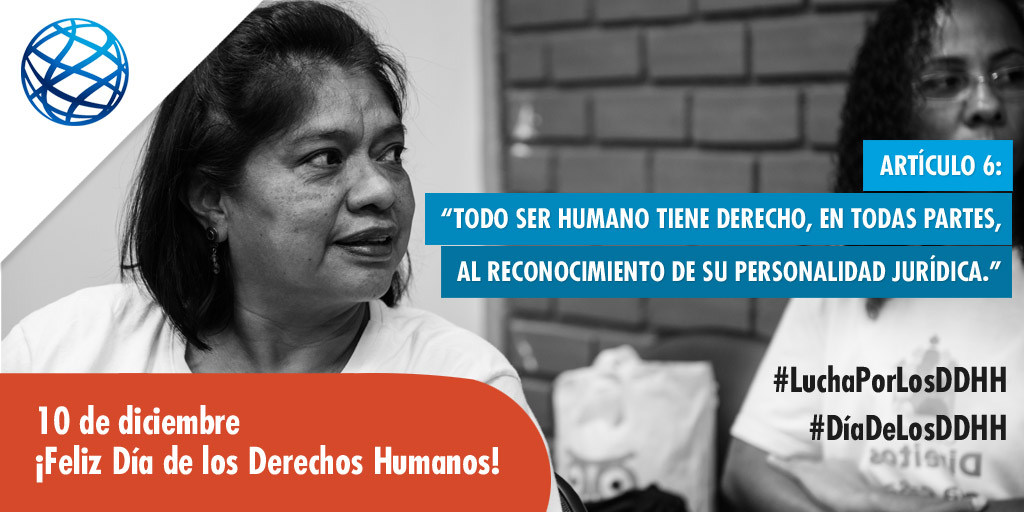THE BLOG OF THE FIIAPP. Spanish cooperation
-
18 November 2016
Category : Interview
Carmen Girón, Head of the International Relations Area of the DGT and coordinator of the Twinning project between Algeria and Spain, tells us about the work of the DGT in the international cooperation project in Algeria.
 Carmen Girón, Head of the International Relations Area of the DGT
Carmen Girón, Head of the International Relations Area of the DGTThe 20th is the third Sunday in November and, as every year, it is the World Day of Remembrance for Road Traffic Victims, a date established by the United Nations to commemorate traffic accident victims and their famili...
-
11 November 2016
Category : Opinion
El acceso a la Justicia de los ciudadanos está en la base de las garantías judiciales que tienen la consideración de derechos humanos.
 Seminario regional para la validación de la "Guía para la Defensa Pública y la protección integral de los privados de libertad"en La Antigua, Guatemala.
Seminario regional para la validación de la "Guía para la Defensa Pública y la protección integral de los privados de libertad"en La Antigua, Guatemala.No country or community can function peacefully if its inhabitants are unable to assert their rights in an established system of justice or defend themselves against accusations brought against them. Access to justice by citizens is based on legal guarantees that ta...
-
28 October 2016
Category : Opinion
FIIAPP's Information and Special Programmes Director, Isabel Ramos Talma, reflects on the benefits of exchanging experiences with experts from different regions.
 Ponentes del XVI Curso Anual de Registradores
Ponentes del XVI Curso Anual de RegistradoresWe have several long months of hard work behind us. Numerous meetings, agreements and negotiations for achieving our objective: to bring Latin American experts to our Spanish institutions to share, through our experts, our know-how, experience and knowledge. But,









